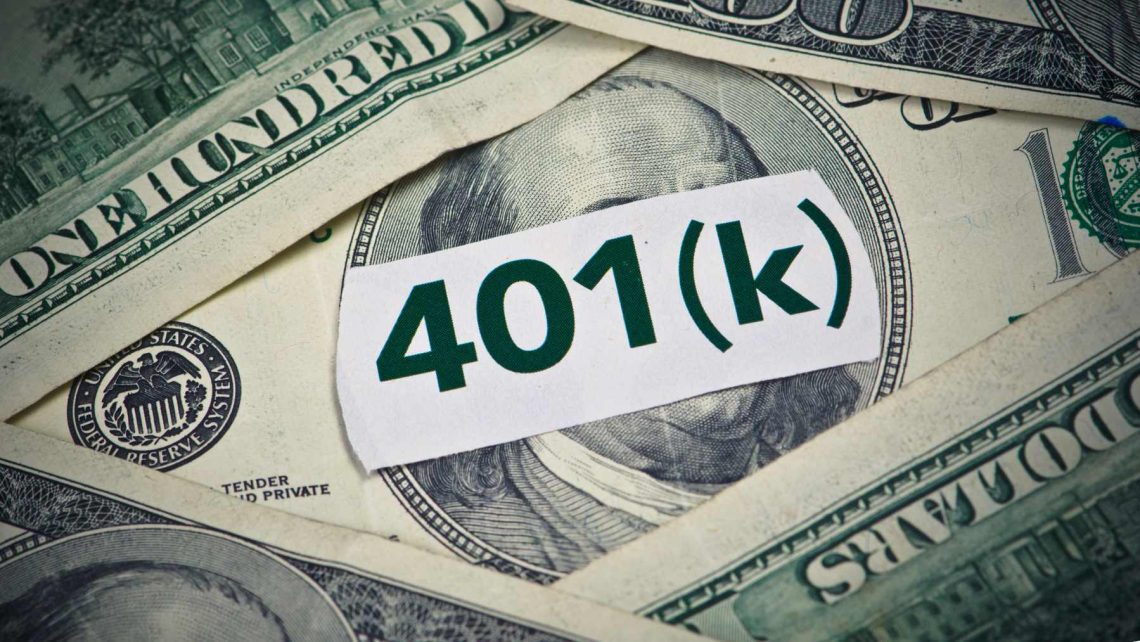Let’s start by clearing up the question that brings us to this article today: Will withdrawing money from your 401(k) or IRA plan affect my Social Security benefits?
Don’t worry, this is a very common question among those who are about to retire, and they are not clear whether or not they should withdraw their money from the 401(k) or IRA account, and whether this will negatively impact their Social Security benefits. Let’s break down this issue in a simple and detailed way so that you can make informed decisions.
What are a 401(k) and an IRA?
First of all, it is useful to understand what these retirement savings plans are. The 401(k) retirement plans are an employer-sponsored savings plan that allows workers to save and invest part of their salary before taxes. The money is invested in a variety of options, such as mutual funds, and grows tax-free until you retire.
Regarding the IRA type (Individual Retirement Account), this is a type of retirement savings account that offers tax advantages, available to anyone with income. There are different types of IRAs, such as the traditional IRA and the Roth IRA, each with their own tax rules.
How are Social Security benefits calculated?
Your Social Security benefits are based on your income history, specifically your top 35 earning years. The Social Security Administration (SSA) uses a calculation called the “Average Wage Index” to determine your monthly benefit. Let’s put a peace of mind on your worries: This calculation does not take into account withdrawals from your 401(k) or IRA directly.
Now, the key question: Will withdrawals from your 401(k) or IRA affect your Social Security benefits?
The short answer is: not directly. Withdrawals from these accounts are not considered employment income, so they do not reduce your Social Security benefits. However, there are important nuances to consider.

Impact of withdrawals on Social Security benefits
Although withdrawals do not directly affect the amount of your benefits, they can influence the taxation of these. If you have income other than your Social Security benefits, such as 401(k) or IRA withdrawals, you may be subject to taxes on your Social Security benefits.
The amount of your taxable benefits depends on your “combined income,” which includes your adjusted gross income, plus half of your Social Security benefits and any nontaxable income.
Qualified Roth IRA withdrawals are not included in the combined income as they have been funded with after-tax dollars. This can be a significant advantage if you are trying to minimize the amount of your Social Security benefits that is taxable.
However, retirement experts recommend spreading your withdrawals over several years instead of making a big withdrawal in a single year, as this can help you keep your combined income lower.




